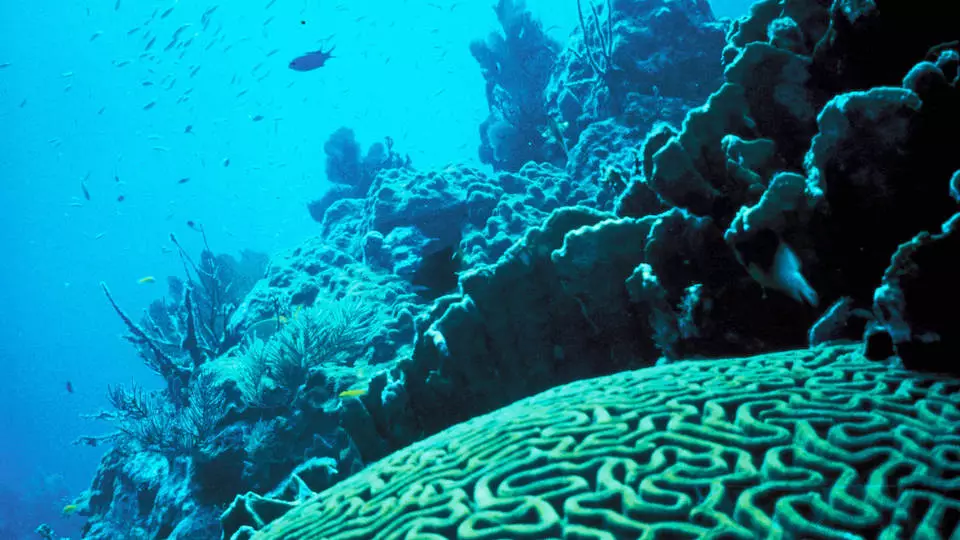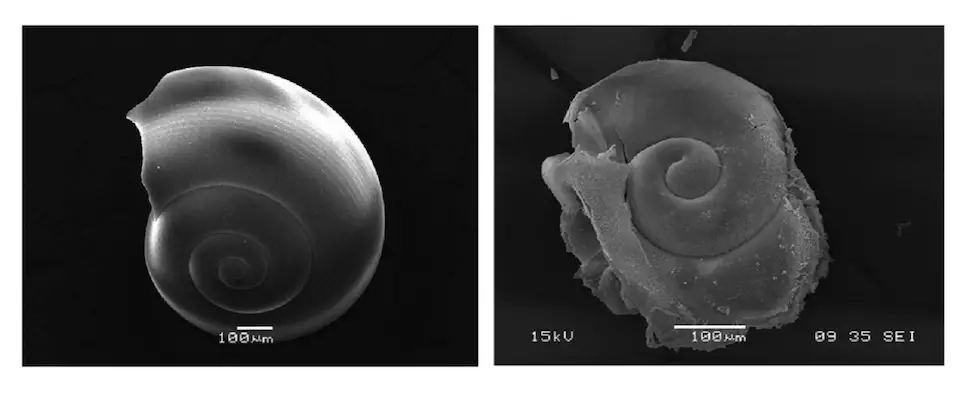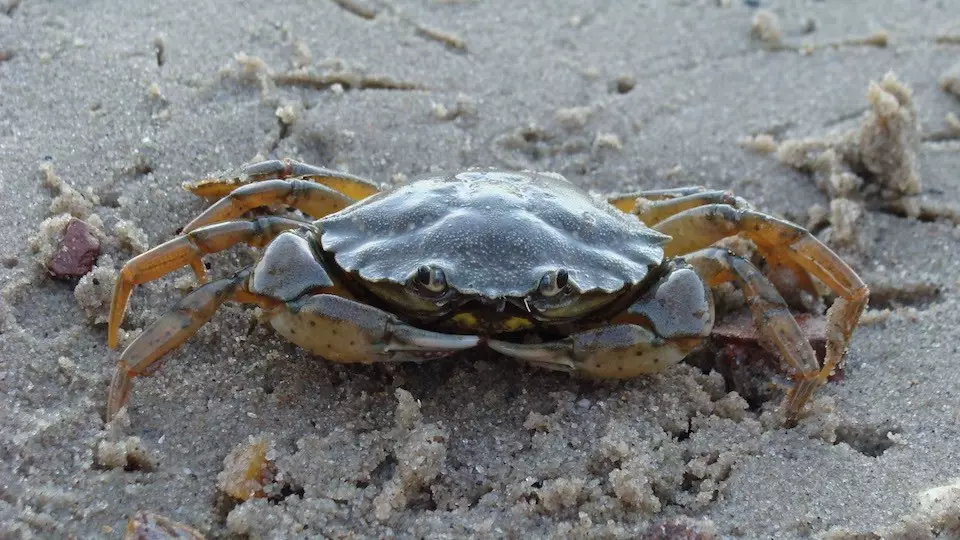
Most surfers only want to hear about swells coming in, how big the waves are or the best surfing spots around the globe.
From time to time, we also hear about environmental issues like plastic in the ocean, whale poaching and endangered sea turtles.
Rarely do we ever hear about ‘ocean acidification.’ But, our oceans are absorbing about a quarter of the carbon dioxide emitted into the atmosphere annually and are becoming more acidic as a result.
In fact, over the last 250 years, the oceans have absorbed 560 billion tons of CO2, increasing the acidity of surface waters by 30%.
This means things like driving cars, drilling for oil and even smoking cigarettes has and currently is making our oceans rise in temperature every year.
So, how does this impact the water we love to surf in, marine life and us humans? Well, let’s take a deeper look and find out.
What Does it Mean for our Environment?
Coral reefs are extremely important to our ecosystem. They produce some of the oxygen we breathe and are used in medical research to find cures for cancer, arthritis, and bacterial or viral infections.
They’re also like little, underwater rainforests that house and support a quarter of all marine life species.
Due to coral bleaching, the world has lost nearly half of its coral reefs just within the past 30 years and it’s predicted that 90% of it will be gone by 2050.
Take a look at the graphic below. The shell on the left was collected from a region in the southern ocean where the acidity is minimal. The shell on the right was collected from a region where the water is more acidic.

Warmer waters also affect the reproductivity of tuna according to chlorophyll data obtained by satellites.
In fact, it’s predicted that by 2100, skipjack catch would decline by 8% and bigeye catch would decline by 27% if emissions continue to rise.
Changes like these to both coral and fish pose threats to people, cultures and ecosystems.
How Does it Affect Humans?
Besides surfing, one of the more obvious connections people have with the ocean is seafood.
Ocean acidification decreases the amount of calcium carbonate in the ocean which makes shellfish more brittle and susceptible to breaking.
So, water creatures like crabs, clams, lobsters, and shrimp are having a hard time building and sustaining their exoskeleton/shell.

This is also a threat to people who buy/sell pearls collected from oysters and those who are in the business of utilizing crustaceans as food products.
Additionally, increased water temperature is also the ideal environment for bacterial growth and is linked to diseases that make humans sick, more specifically, Vibrio Vulnificus (known as flesh-eating disease).
It thrives off of warm water and is responsible for the majority of reported seafood-related deaths in the United States and also causes fatal wound infections associated with recreational swimming, fishing-related cuts, and seafood handling.
People can become infected with the bacteria by either consuming seafood or having an open wound that comes in direct contact with seawater.
According to a study by The Medical Journal of Australia, there were 102 cases of the flesh-eating disease reported in 2016 and that number more than doubled in 2017 leaving 275 people affected by the Vibrio Vulnificus bacteria.
Ironically, Climate Change Australia reported water temperatures from the 1950’s – 1980’s has increased between 2001 – 2015 by 7%.
Don’t Let Ocean Acidification Kill your Vibe
Scientists have studied the cores from coral reefs, ocean sediments and ice records and have determined that the only way to replicate our past millennium is through the inclusion of human-caused heat-trapping gas emissions.
So, as much as global warming and climate change may seem like a ‘conspiracy theory’, we’ve actually provided fact-based evidence legitifying ‘ocean acidification’ and the increase in temperatures of our oceans.
Ocean acidification isn’t a new concept. Carbon has been heating up our oceans for quite some time and the effects on marine life and people are very serious and damaging to our ecosystem.
Now, all we have to do is stop the amount of emissions going into the air and be more mindful of what we’re doing.